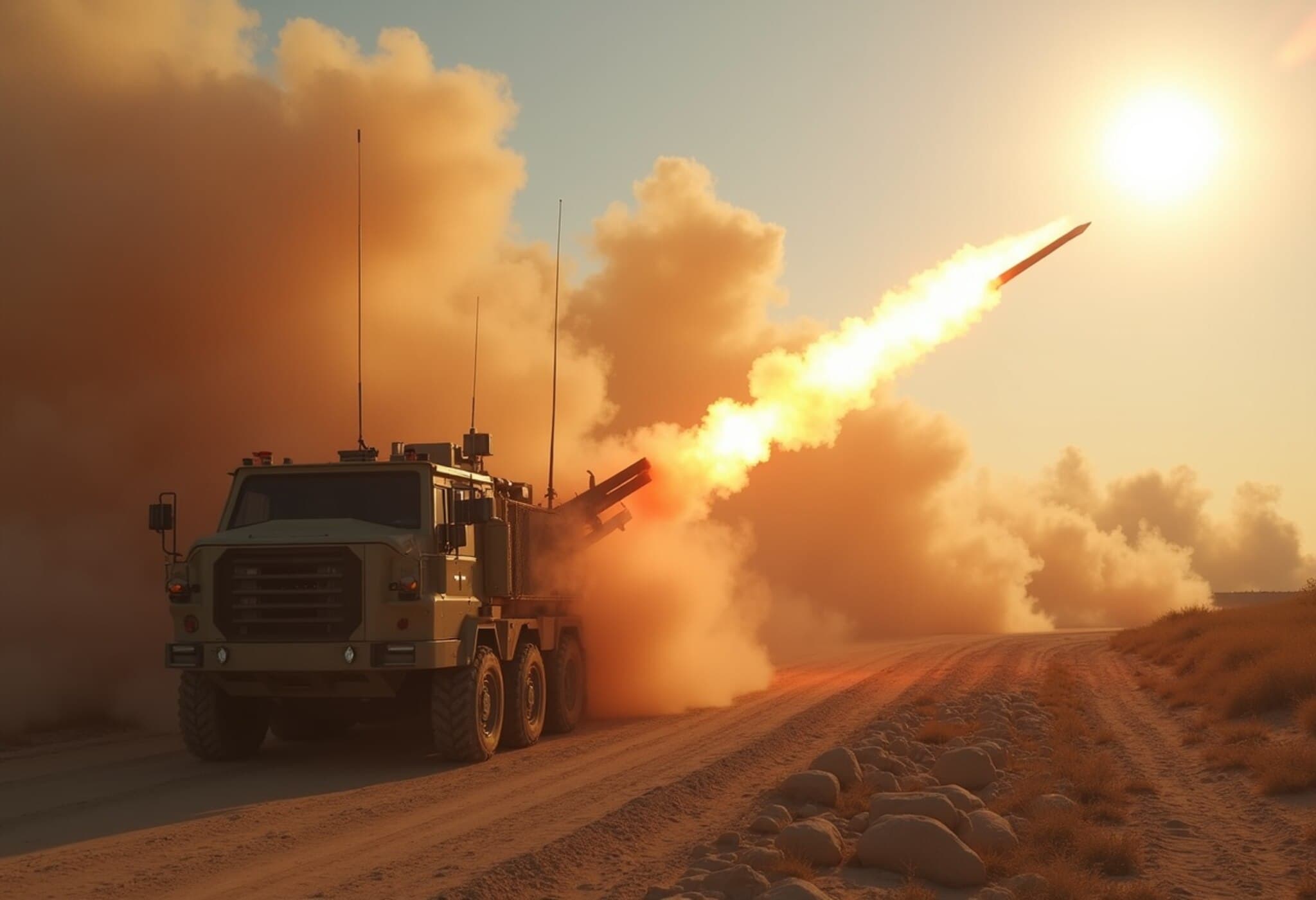Israel’s Conscription: An Overview
Israel stands among the few democracies worldwide with compulsory military service for both men and women. This system, rooted in a complex history, remains a crucial part of the country's defense strategy and social framework.
The Origins of Conscription in Israel
Mandatory military service, established in 1949, a year after Israel’s founding, was shaped by the trauma of the Holocaust and the immediate regional threats Israel faced. This conscription policy ensures a strong defense force known as the Israel Defense Forces (IDF), fostering national unity and resilience.
Who Must Serve?
- All Jewish Israeli citizens, regardless of gender, are required to serve.
- Men serve for 32 months, while women serve for 24 months.
Who Is Exempt?
While conscription is broadly applied, certain exemptions exist:
- Arab citizens, including Muslims and Christians, are exempt but may volunteer.
- Religious Jewish women adhering to specific lifestyles may perform Sherut Leumi, a substitute national service.
- Individuals with medical or psychological conditions below required standards are fully exempt.
- Elite athletes and performers in recognized fields can receive reduced or flexible service terms.
- Until 2024, ultra-Orthodox yeshiva students could defer service under the Tal Law, which has since been repealed.
Why Was the Ultra-Orthodox Exemption Ended?
For decades, ultra-Orthodox men were exempted to preserve Torah study after the Holocaust devastated their communities. However, with this population reaching 12% of Israel’s total, and some 63,000 men covered by the exemption, increasing military demands and social equity concerns prompted change.
In 2024, a Supreme Court ruling called for ending this exemption, emphasizing fairness during ongoing conflicts and the need to share service responsibilities equally.
Role Assignment in the IDF
Upon graduating high school, Israeli youth are drafted and assigned military roles based on a medical profile:
- Highest profiles: elite combat units like infantry, combat intelligence, and engineering.
- Second-highest profiles: serve in armored corps, artillery, military police, and intelligence.
- Lower profiles: assigned to support roles such as logistics and ordnance.
- Below acceptable threshold: exempt from service.
Consequences of Refusing Service
Those who refuse service, frequently for conscientious or political reasons, face mixed treatment. Some undergo military trials and incarceration, while others are directed to psychiatric evaluations. The latter approach, associating refusal with mental unfitness, is controversial and raises ethical questions.
In March 2025, attendance rates dropped to 80% from over 100% immediately following the October 2023 conflict escalation, reflecting rising refusal rates and growing tensions surrounding military service.
Israel’s conscription system remains a pillar of its defense and identity, navigating complex societal and ethical challenges amid evolving regional dynamics.











